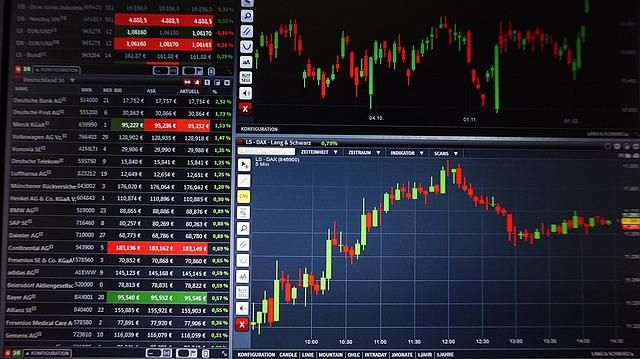Dear Investor,
You may have heard of the so-called election cycle. This cycle, which is popular in the US, impacts stock markets for four years in a statistically significant way.
Does anything similar exist in other countries? In Germany, elections for the Bundestag – Germany’s parliament – will be held soon, on 26 September. Thus I would like to answer this question for you today with respect to the German market.
The American Election Cycle
The American election cycle is characterized by a high degree of stability. It can be traced statistically as far back as the nineteenth century. The Dow Jones has rallied most in pre-election or election years. In the other two years, stocks have on average achieved much smaller gains. Which party is elected is immaterial for this cycle.
The reasons for this cyclical price behavior are held to be political: Presidents want to be re-elected or want their successor to be a member of their party. For this reason, they attempt to stimulate the economy before the election to make voters feel positive. Unpopular measures are preferably implemented after the election.
You can find out what the election cycle looks like in detail in the Seasonax app. Call up the filter function there and then the associated years of the election cycle. There one can also see the impact of US elections on other instruments such as gold or the US dollar. But how do the federal elections in Germany affect stock prices?
German elections are different!
Unlike US elections, parliamentary elections in Germany are not held strictly in a four-year cycle at precisely the same time of the year. The election has been repeatedly brought forward such as e.g. in 1990. Therefore, the behavior of stock prices in Germany has to be examined using a special approach.
For this purpose, I have constructed a chart that shows the average pattern of the Dax (or of corresponding precursor indexes) around the day of the election.
The chart encompasses a period of six months, i.e. from three months before the election to three months after the election. The horizontal scale shows information related to dates (in trading days).
The vertical scale shows the extent of the move in percentage points.
Prices are available for fifteen federal elections. The day of the election itself is pinpointed by the orange-colored vertical line in the middle of the chart.
Average performance of the Dax three months before and after election dates

After the election the index declines rapidly. Source: Seasonax
Before and after the election
In the one to two weeks leading up to the election, a significant rally is evident as election day approaches. The reason for this is probably that optimism is beginning to take hold: suspense increases and with it the hope that the election will bring about a turn for the better.
However, after the election prices tend to decline again, faster than they have rallied ahead of it. The reasons: extant problems are far from being solved with the election, coalition negotiations are beginning, and many investors are disappointed with the election outcome.
A few weeks after the election, share prices rise again. But this is no longer driven by the election. Rather, the seasonal effect of the impending autumn rally is likely to kick in here, as most elections have been held at the end of September or the beginning of October.
Nevertheless, the rally in the days prior to the Bundestag election and the rapid decline in the days thereafter clearly form an election pattern. This can also be determined due to the fact that prices are turning down precisely after the election weekend.
Don’t leave the party too late!
There is a significant election pattern evident in Germany. It comprises two short phases of rising prices before and declining prices immediately after the election. The hangover starts with the typical decline of prices immediately after the election weekend. To avoid it, the election pattern shown here suggests taking profits already on the preceding Friday.
Yours sincerely,
Dimitri Speck
Founder and Head Analyst of Seasonax
PS: Vote for profits via recurring patterns!


